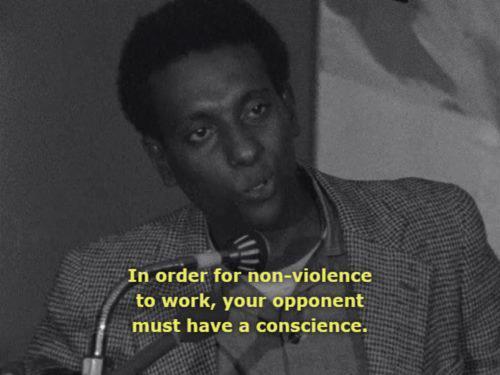- Invitation Status
- Preferred Character Gender
- Genres
- Fantasy is number one. Steampunk, sci-fi, alternate history, and everything else that isn't boringly realistic are also fine by me.
Recently, my Human Geography class had a pretty interesting discussion of these terms. Culture, Race, & Ethnicity, neither term really encompasses everything accurately. African-American works great if you're talking about culture. For race, Negroid is the "correct" term, but no one is going to say that out loud in public. For ethnicity, there are an endless number of potentially correct responses, of which I think just plain old "American" probably applies to the majority.
Now, personally, I use the term "black". Why? Because their skin is black. That's the only difference I see between white people and black people.
Also, because the first ancestor I can trace came to America in ~1860, so I'm pretty sure most "African-Americans" can find a family history of being here longer. If we're gonna play the "you came second, you have preface your American with something" game, I'm going to lose.
Third, because I can count every black person in town on my fingers and none of them have ever seen Africa. There's a white girl in my grade whose parents moved from South Africa a few years before she was born. Fairly speaking, she is the most African person in my school. I'm pretty sure situations like this aren't uncommon.
Fourth, because this leaves the question of what to call non-American, non-African black people. African Chinese? African Brits? There was this one absolutely painful interview (from the London Olympics, maybe?) of an American reporter interviewing a black British athlete. She asked him what it was like being African-American in the international sports community. He was just standing there awkwardly trying to explain that he wasn't American, and she was there awkwardly trying to find another term that was socially acceptable.
And lastly, because I don't think anything should come before the word "American". I think history has proved time and time again that putting modifiers on this word just ends badly. Once you come to this country, you're one of us. European, Latin American, Asian, African, what-have-you, this is 'Murica. I would be pissed if everyone prefaced my American-ness with the continent my ancestors left generations ago, and I'm going to follow the golden rule on this one.
Now, I get that this isn't the most politically correct term. I'll probably need to explain myself on this one more than once. But, personally, I find its the best and most correct term I've heard thus far. What do you think, Iwaku? I'd love to hear the opinions of people with different experiences on this. ^^ I'm not going to pretend that growing up in a town that's 99% Caucasian hasn't skewed my perspective at least a little, and if I sound like a racist Texan stereotype, I'd like to know now. XD
Now, personally, I use the term "black". Why? Because their skin is black. That's the only difference I see between white people and black people.
Also, because the first ancestor I can trace came to America in ~1860, so I'm pretty sure most "African-Americans" can find a family history of being here longer. If we're gonna play the "you came second, you have preface your American with something" game, I'm going to lose.
Third, because I can count every black person in town on my fingers and none of them have ever seen Africa. There's a white girl in my grade whose parents moved from South Africa a few years before she was born. Fairly speaking, she is the most African person in my school. I'm pretty sure situations like this aren't uncommon.
Fourth, because this leaves the question of what to call non-American, non-African black people. African Chinese? African Brits? There was this one absolutely painful interview (from the London Olympics, maybe?) of an American reporter interviewing a black British athlete. She asked him what it was like being African-American in the international sports community. He was just standing there awkwardly trying to explain that he wasn't American, and she was there awkwardly trying to find another term that was socially acceptable.
And lastly, because I don't think anything should come before the word "American". I think history has proved time and time again that putting modifiers on this word just ends badly. Once you come to this country, you're one of us. European, Latin American, Asian, African, what-have-you, this is 'Murica. I would be pissed if everyone prefaced my American-ness with the continent my ancestors left generations ago, and I'm going to follow the golden rule on this one.
Now, I get that this isn't the most politically correct term. I'll probably need to explain myself on this one more than once. But, personally, I find its the best and most correct term I've heard thus far. What do you think, Iwaku? I'd love to hear the opinions of people with different experiences on this. ^^ I'm not going to pretend that growing up in a town that's 99% Caucasian hasn't skewed my perspective at least a little, and if I sound like a racist Texan stereotype, I'd like to know now. XD






